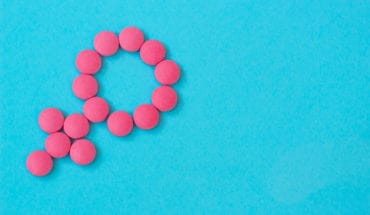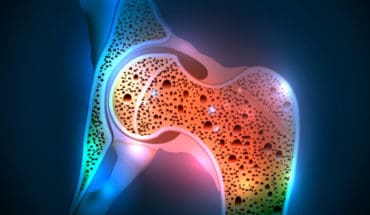Teenagers need to adapt to changes in their bodies and emotions as they go through puberty. As a GP working in family health for the last 16 years, I often have to talk to parents and their offspring about the key health issues to affect boys and girls as they grow up.
Acne vulgaris
This is a very common skin condition that affects around 80 per cent of teenagers at some point. Hormones known as androgens, produced at puberty increase the production of sebum from the skin, which can block pores which then become inflamed. Acne affects more boys than girls and does have an inherited component – in other words, it runs in families. The face is affected in 99 per cent of cases although it can affect the back and chest.
Although it is usually mild and doesn’t last, acne can be a cause of great embarrassment to young people. Boys and girls with severe acne that does not respond to simple measures should be referred to a dermatologist. They may also need some sort of counselling. In most cases, however, careful washing twice a day with soap and water, coupled with avoiding a high dairy diet, should improve symptoms. There are also OTC medications that have been shown to help.
Hair removal
An increase of androgen hormones during puberty causes hairs on legs to darken and body hair to grow under the arms and around the pubic area. For boys, facial hair will appear. Boys typically start shaving after puberty and many girls also shave their legs and start waxing to remove body hair. Many young people nick themselves and cause mild skin irritation as their shave delicate skin without good technique. Parents can help by overseeing early attempts. Make sure that you use light pressure when you apply the razor and move smoothly against the direction of the hairs. A good lather reduces the risk of nicking the skin and the razor should be rinsed of excess hairs frequently.
Any nicks should heal themselves but it can help to apply an antibacterial cream. Waxing doesn’t have to be done so frequently but may result in ingrown hairs which can be painful. Also, care should be taken when applying hot wax at home since it can result in mild burns of the skin.
Body Odour
All those new hormones circulating around the body also change the way that teenagers smell. When puberty hits, around three million sweat glands on the skin become more active and glands in the underarms, feet and palms produce oilier sweat. This can happen from the age of nine until up to 13. The sweat is odourless until it interacts with bacteria on the skin and starts to smell. Simple measures include making sure you shower each day and use deodorants to smell fresh. To reduce foot odour, keep your feet clean and dry and use foot powder if necessary.
Personal hygiene – girls
When menstruation starts, girls will also start to produce secretions from the vagina, ranging from clear to milky white, throughout the month. The vagina naturally self-cleans and it isn’t necessary to douche or use any special feminine hygiene product although washing the whole area thoroughly with a mild soap and warm water every day is advised. I don’t recommend wet wipes because they all contain chemicals which can irritate delicate skin.
Personal hygiene – boys
Gently washing the penis once a day with warm water and perhaps a mild soap is advised. If the foreskin is present, gently pull it back and wash underneath to stop the build up of smegma, a white cheesy substance which occurs naturally. Talc and deodorants are best avoided because they can cause skin irritation. Don’t forget to clean the base of the penis and the testicles, where sweat can build up leading to odour.
Moodiness and depression
It’s completely normal for teenagers to have mood swings. As well as the stresses of growing up, gaining more independence and facing exams, they are all in the thrall of hormones which are surging throughout their bodies. I would always recommend getting lots of good quality sleep and maintaining a healthy balanced diet with plenty of exercise for starters. Regular exercise has been shown to improve mood because it causes the body to release mood-boosting chemicals called endorphins. The National Institute for Health and Care Excellence (NICE) recommends exercise for mild depression.
Teenagers should avoid drinking too much coffee or caffeine-containing energy drinks since this disrupts sleep and can cause headaches, nervousness and anxiety.
Mood swings are normal but depression may need to be treated with counselling or even medication in some cases. Look for signs like persistent low mood which doesn’t improve, listlessness, changes in sleeping and eating patterns, and unwillingness to socialise with friends.
- Bs for later babies - 24th July 2016
- Teen health - 24th May 2016







